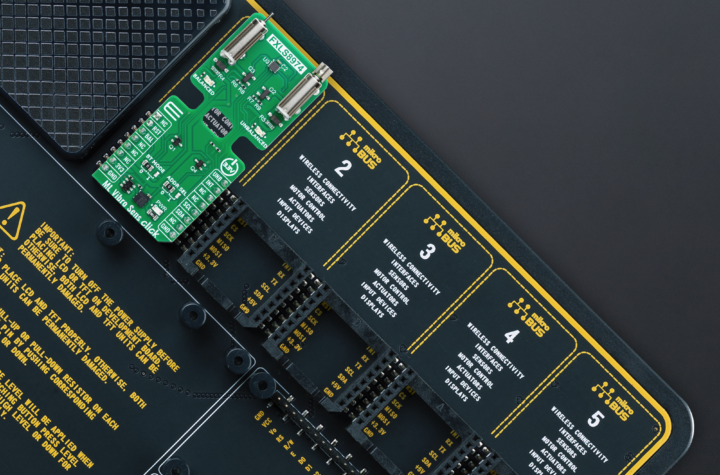
 I’m still not so sure that “The Perfect Storm” was the perfect title for this year’s Management Briefing Seminars held the first week of August in Traverse City, Mich. But then Dave Cole, chairman of the Center for Automotive Research and emcee for the event hadn’t heard Toyota Motor Corp. President Fugio Cho speak. Looking back now I think a more appropriate title would have been “The Impending Storm.”
I’m still not so sure that “The Perfect Storm” was the perfect title for this year’s Management Briefing Seminars held the first week of August in Traverse City, Mich. But then Dave Cole, chairman of the Center for Automotive Research and emcee for the event hadn’t heard Toyota Motor Corp. President Fugio Cho speak. Looking back now I think a more appropriate title would have been “The Impending Storm.”
President Cho began his speech by announcing to the North American automotive world that Toyota was re-inventing itself, tagging that statement with “did I get your attention?” I’m sure he got the attention of those the message was intended to reach.
Cho said that Toyota was feeling the pressures of increased competition in North America, citing Hyundai’s strides in improving quality and the great products coming from General Motors.
Cho said that things have changed from his days as President of the Kentucky plant that pumped 200,000 vehicles annually into the North American market. Soon, Toyota will be producing eight times that many with the addition of plants in Tennessee, Mexico and Texas. “Toyota is rushing to add managers to handle these new facilities,” Cho said, adding that Toyota was suffering from a “short bench.” Where will all of these new Toyota ‘players’ come from?
The answer to that is pretty obvious and most likely was not oblivious to those in attendance. Cho’s remarks were not a distress signal as much as they were a call to arms. While the domestic OEMs still struggle to find ways to stem the steady decline in market share, they now have to worry about losing top talent as well.
I am fortunate enough to come from a city with two championship sports teams. The Detroit Red Wings and Detroit Pistons have never had trouble signing good players because good players always want to play for a winning team — and Toyota has a winning team. Who wouldn’t want to work for Toyota if the opportunity presented itself?
A business acquaintance of mine said that a GM engineer friend of his had called him for advice. He had been offered a job with Toyota and wondered if he should take it. His only concern was that by accepting a job with Toyota, he was being disloyal to GM. His friend asked him how loyal GM would be if they needed to cut staff in order to save money and advised that he hang up immediately, call Toyota and accept the offer.
Our Governor, Jennifer Granholm, in her enthusiasm to bring more automotive business to Michigan, may actually be hurting the domestic manufacturers. She is, right now, trying to broker a deal to sell a $25.5 million piece of land near Ann Arbor, Mich., to Toyota for $9 million dollars. Toyota is considering the land for a new R&D center — a center that will be less than an hour away from a lot of the Big 3’s engineering and managerial talent.
The auto industry isn’t like big league sports. There aren’t any salary caps or trade restrictions. The winning team can grab all of the good talent and nothing can stand in its way.
Cho said that there was a time when everything could be done from Japan with plants run by Japanese managers, that’s not true anymore. Toyota has learned through years of experience that American workers can embrace the Toyota way.
Cho proved that point, by relating a story of his days at the Kentucky plant, where a snow storm was threatening to stop production because it wasn’t certain that the second shift would be able to make it to work. It was a problem, until the first shift all agreed to stay on if needed. That, however wasn’t necessary because second shift employees had all left there homes early to make sure they were there on time.
While representatives of the domestic OEMs and supply chain spent the rest of “The Perfect Storm” complaining about healthcare and taking pot shots at each other in the name of “collaboration,” I wouldn’t be surprised if a few good, talented folks slipped out and headed up to their hotel rooms to freshen up resumes.















More Stories
Easy Car Maintenance Tips to Prevent Accidents Due to Malfunctioning Parts
Exploring the Best 2024 Jeep Gladiator Add-ons for Performance and Style
Maximizing Tire Life with the Right Air Pump for Car Tires